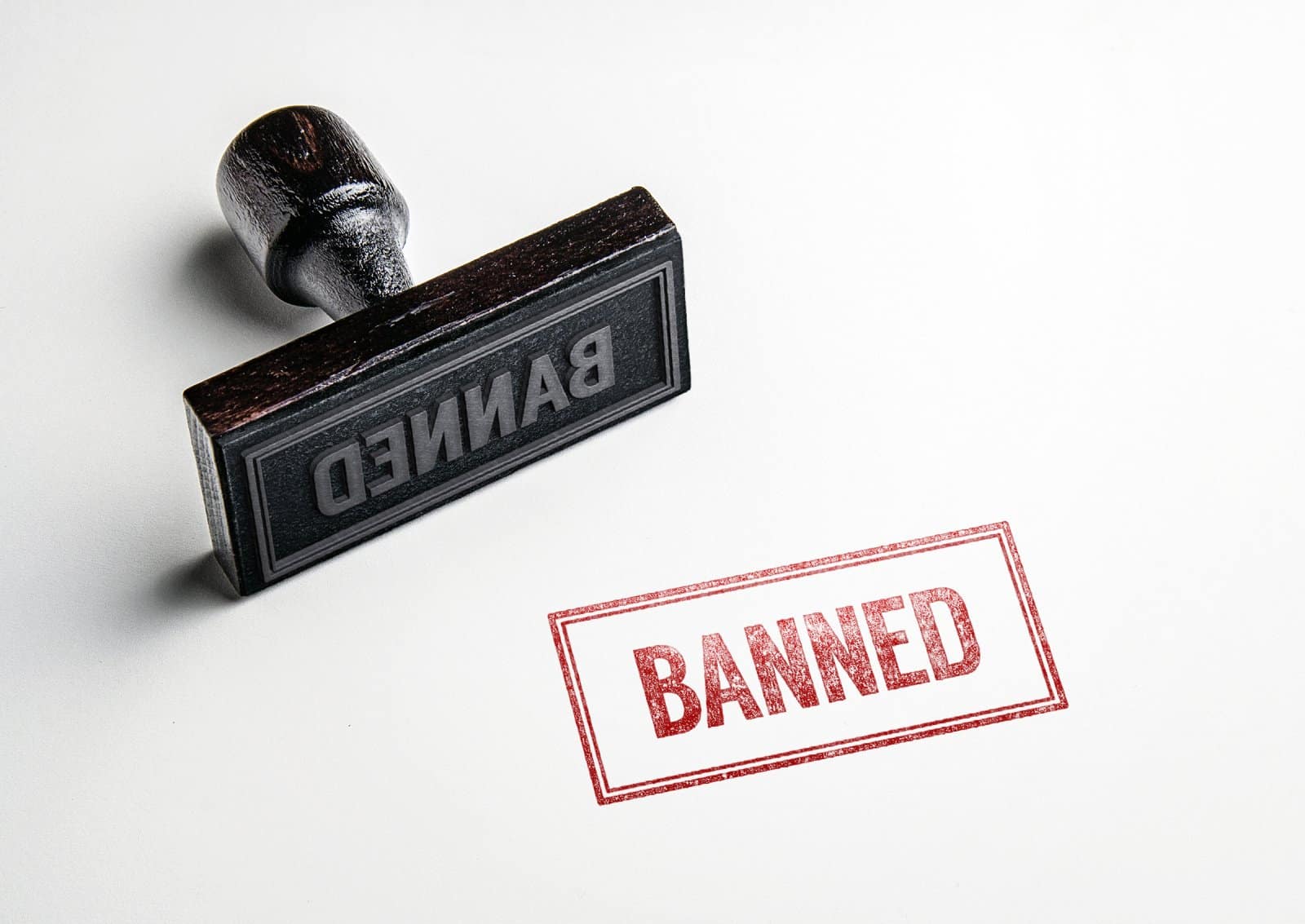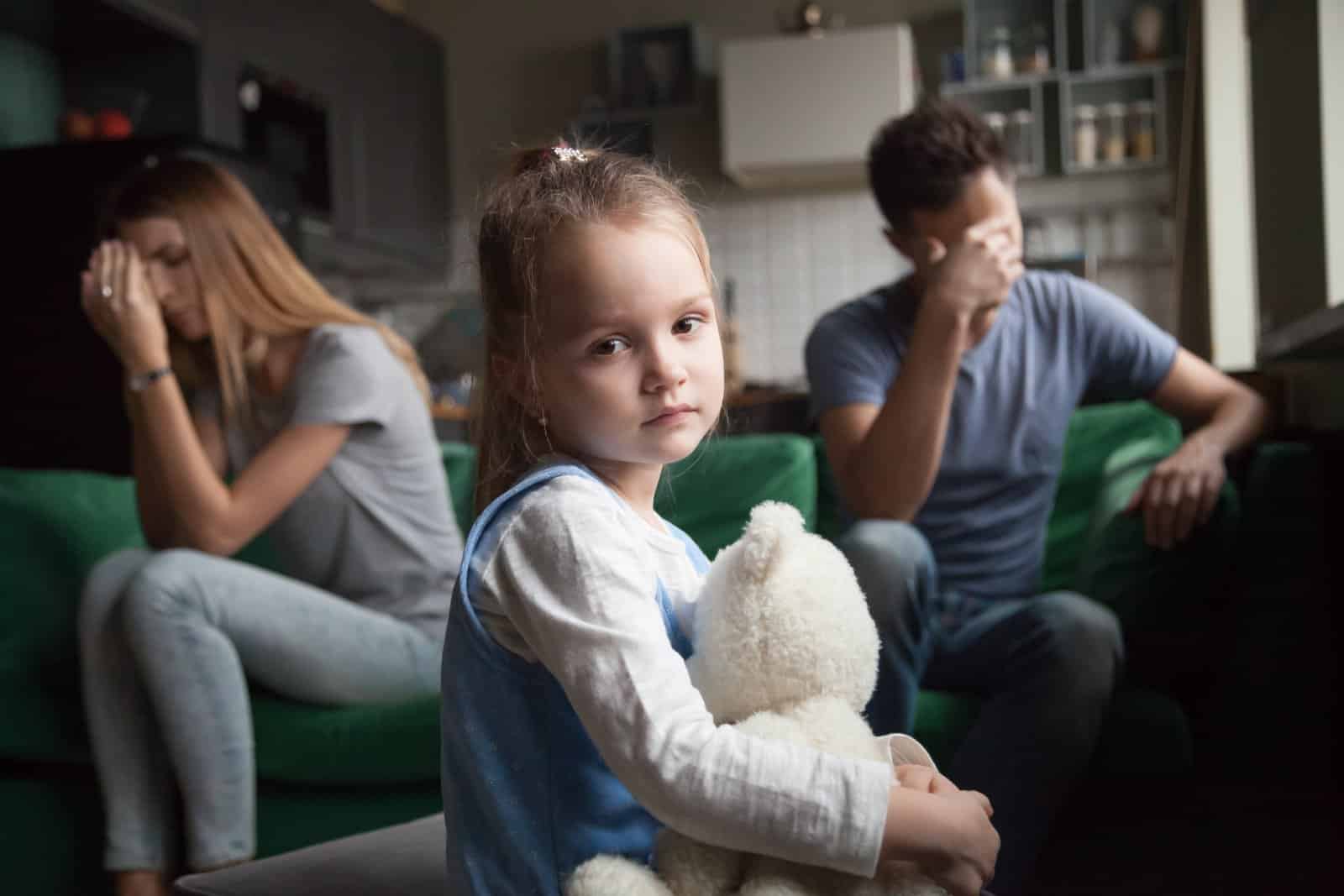A report by the Royal College of Paediatrics and Child Health (RCPCH) called for the banning of smacking children as a form of discipline in England and Northern Ireland. Parent groups and industry professionals are also supporting the idea.
Smacking Children Not Illegal

In England and Northern Ireland, it’s not illegal to smack children. Instead, the law says that parents can cite “reasonable punishment” as a defence for the use of smacking.
Lack of Clarity Around Laws

In more detail, the Children Act 1974 says it is unlawful for a parent or carer to smack their child, except where this amounts to ‘reasonable punishment’. This is utterly confusing to many parents – it’s unlawful, but not illegal if it can be justified.
Confusion on Rules Stifling Parental Discussion

Prof Andrew Rowland, a consultant paediatrician said, “lack of legislative clarity makes it extremely challenging to talk to families about what the rules are on physical punishment of children, thus making it more difficult to talk about the best interests of their children”
Wales and Scotland Banned the Practice

The Scottish government banned smacking in 2020, and Wales followed in 2022. The law essentially states that parents aren’t allowed to use “reasonable punishment” as a defence for hitting their children.
Calls for England and Northern Ireland to Ban the Practice

The Royal College of Paediatrics and Child Health is urging the government to start the process of removing the reasonable punishment defence in England ahead of the next general election.
Report Argues It Causes More Violence

The RCPCH report says, “There is evidence to suggest that children who are physically punished are more likely to believe that violence is accepted and encouraged by society, which may lead to them behaving in a more violent manner in adolescence and adulthood.”
Attitudes to Child Discipline Changing

The first country to outlaw smacking was Sweden, which did so in 1979. Since then, 65 more countries have followed suit, and nearly 30 others have committed to outlawing it soon.
Confusing Laws Create Issues

In England and Northern Ireland, there’s confusion between what physical discipline is legal, and what isn’t. The argument is around what constitutes ‘reasonable’. There are physical differences between how hard two people will smack.
At What Point Does Behaviour Require Physical Punishment?

With ambiguity over behavioural issues, it allows too much leeway over what constitutes bad behaviour. Some people would describe a toddler’s screaming as reasonable and expected, whereas others might believe it constitutes physical punishment.
Public in Support According to the RCPCH

According to the RCPCH research, they say that “It is clear that the general public are in favour of a change that better protects children from abuse”.
NSPCC in Support of a Smacking Ban

Joanna Barrett from the NSPCC said, “Hitting a child can have harmful and lasting consequences. We know from Childline that physical punishment can impact a child’s mental and emotional health and damage the relationship between parent and child.”
Not Everyone in Support of Law Change

Worryingly, Simon Calvert from the Be Reasonable Campaign said the calls “are motivated by ideology, not by clinical evidence”. The professionals in the field vehemently dispute this.
Experts Argue It Doesn’t Work

Anja Heilmann, from the University College London, says: “International evidence on this is really clear now. Smacking doesn’t work.” It doesn’t achieve behaviour change and can create other issues.
Potential Government Intervention on the Law on Horizon

The children’s commissioner for England, Rachel de Souza, said: “I absolutely abhor, and I’m against, violence of any kind against children. Because children are more vulnerable than adults, I think we do need to ensure that their rights are supported.”
Government Won’t Be Intervening Yet

A spokesperson from the Department for Education said: “Any form of violence towards a child is completely unacceptable and we have clear laws in place to prevent it. It is the responsibility of the parent to discipline their children, appropriately and within the boundaries of the law.”
Claims Support Is Already in Place

The spokesperson continued: “We are supporting teachers, social workers and all safeguarding professionals to spot the signs of abuse or neglect more quickly, and our statutory framework for safeguarding children in England makes clear what organisations should do to keep children safe.”
Parental Discretion Isn’t Always Safe

The sad reality is that putting the onus onto parents can have very harmful consequences. In 2021/22, the NSPCC had to contact agencies 6,441 times with regarding concerns of physical abuse towards children.
Ban Removes the Confusion

Whilst the law is open to interpretation, there’ll be plenty of people who will break it. By banning smacking outright, you take away the interpretation and make the issue clear for everyone in every circumstance.
More Articles Like This…
Broken Britain: 12 Reasons Behind the UK’s Decline
Say the Unsayable: 10 Occasions When Farage Spoke His Mind About Britain
The post Will Smacking Children Be Banned in England and Northern Ireland? first appeared on Edge Media.
Featured Image Credit: Shutterstock / HTWE.

